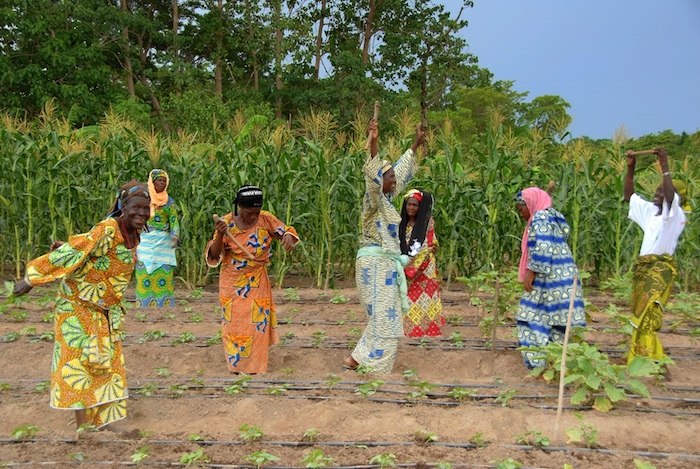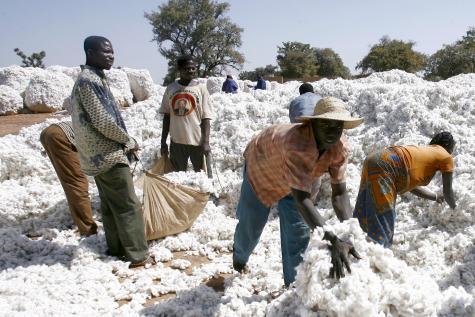
By Barnabas Thondhlana
Experts at the ongoing African Development Week event organised by the United Nations Economic Commission for Africa (UNECA) believe climate change is at the heart of the matter and Africa, and indeed the world, must henceforth make it a matter of the heart.
This challenge was posed by Ambassador Ayo Olukanmi, Vice Chairman of Nigeria’s environmental group, Fight Against Desert Encroachment (FADE), while contributing to a panel discussion on the Implications of Green Growth in Africa.
Ambassador Olukanmi said while there was a meeting of the minds on the reduction of fossil-fuel emissions at the Paris Conference, there was no decision on how Africa was going to finance the Going Green initiative.
“A pressing challenge for developing country policy makers is how to balance between the imperative to develop green economies with the shortage of financing for green solutions,” Amb Olukanmi said.
“Developing countries need to achieve a balance between their right to development and the extent to which they can deploy their carbon resources to achieve such development. In the Paris negotiations African countries quite clearly chose to seek support for greener development paths, in recognition of the common destiny of our planet. “However, the Paris agreement does not make any significant progress regarding capitalization of existing climate funds or generation of new climate finance mechanisms,” he said.
It became clear in the discussion that it was unclear what would constitute adequate finance to support migration and adaptation actions in the global south. Different sectors have formulated different estimates. According to the International Energy Agency, the transformation to a fossil-free world will require US$1000 billion per year by 2020. Around two-thirds of this, – $670 billion – will need to be spent in developing nations, hence the need for a significant transfer of finance from North to South.
Ethiopia’s State Minister of Environment, Forest and Climate Change Mr. Kare Chawicha, said his country’s handling of climate change could be used as an example for the rest of Africa.
“Our challenge is how do we, as a continent, continue to grow, develop, provide livelihoods for our citizens, while still minimizing the impacts of the climate change to tackle the global problem that knows no political boundaries,” Mr Chawicha said, adding however that this growth should ideally not replicate the resource and carbon intensive way of the North.
He said Ethiopia is developing a Climate Resilient Green Economy, an ambitious vision which is expected to help the country achieve middle-income country status by 2025, while maintaining net zero carbon emissions at 2020 levels.
“We have developed the overarching CRGE strategy in 2011, which has now filtered down to individual sectors, which have their own strategies and action plans. In addition, we believe there are great opportunities in growing our country in a way which is green; from clean energy source through hydropower, wind, geothermal and others. We have embarked on ensuring that we are not only energy self-sufficient, but are also able to become a net exporter, so as to avoid the shocks of climate change due to fossil fuel price fluctuations,” he said.
The various speakers agreed that the Paris outcome had brought both opportunities and challenges. One of the challenges was on how to realize sustainable development in a green manner.
Opportunities offered by going green were many, with the major challenges being technological advances and skills shortages.
Chairperson of the panel discussion Mrs. Tumusiime Rhoda Peace, commissioner for Rural Economy and Agriculture at the AUC, said there was need for African countries to work together.
“If we do not adapt, we shall perish,” said Mrs Tumusiime.












